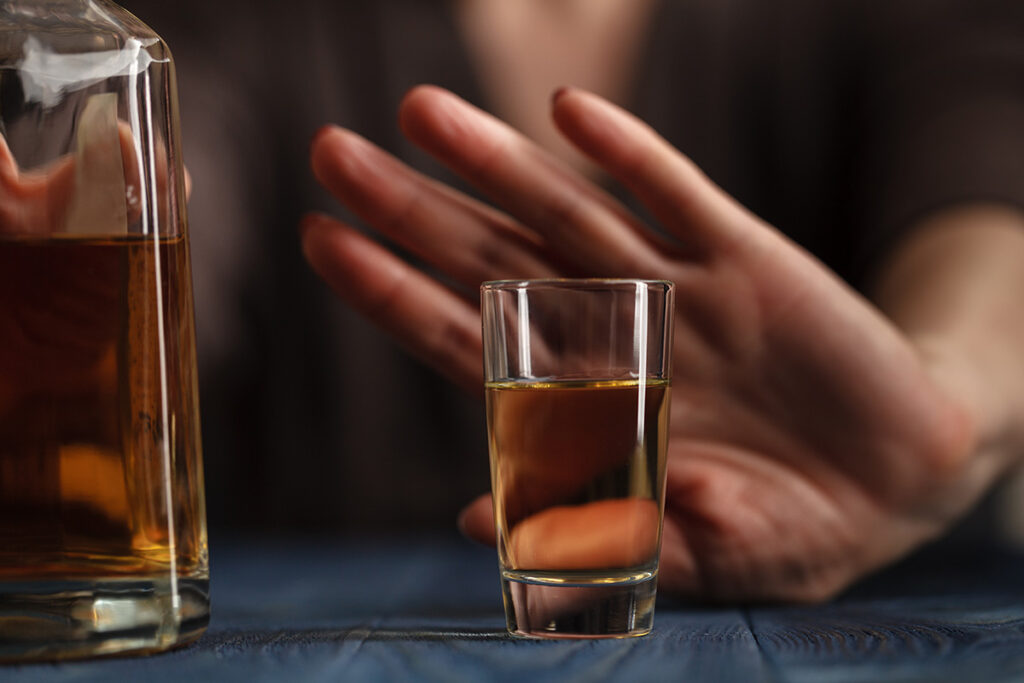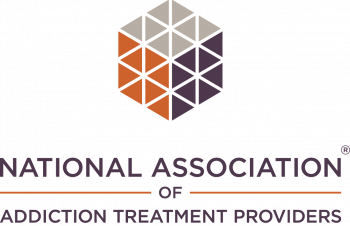Is alcohol a drug? Alcohol is classified as a depressant that slows function in the brain and central nervous system. When you drink alcohol, you may experience disturbed perceptions, unsteady movement, and slurred speech. Your brain and body are unable to react quickly in any situation. Alcohol also inhibits your ability to think rationally and practice good judgment.
Like any other drug, excessive use of alcohol often leads to addiction. Long-term addiction requires professional help at an addiction treatment center. Many of the same treatments that therapists use to help clients with drug addiction are also used in alcohol addiction therapy. So, in many ways, alcohol is a drug and should be treated the same as any other drug addiction.
Alcohol is a Drug Affecting Brain Function
When you drink wine, beer, or liquor, the alcohol content is rapidly absorbed in your bloodstream. From there, it is delivered to the brain, where it does the most immediate harm. Alcohol binds to gamma-aminobutyric acid (GABA) receptors, which are inhibitory neurotransmitters. When binding to the receptors, the brain loses its sense of inhibition – which explains uninhibited behavior. Alcohol also causes the release of large amounts of dopamine, which are neurotransmitters that produce feelings of pleasure. The combination of inhibition and dopamine is what leads to intoxication.
Tolerance
Tolerance is one of the reasons why you may increase your alcohol intake over time. You drink more to get the same effect from the beverage. Excessive drinking is what leads to alcohol dependency. You may feel like you can’t go a single day without having a drink. Substance abuse treatment programs are designed to reverse the brain’s dependence on alcohol so that you can recover without relapse. This same level of dependence also occurs in other drugs, making alcohol similar to these other substances.
Withdrawal Symptoms
Another way alcohol is similar to other drugs is the withdrawal symptoms you experience when you stop drinking. Withdrawal symptoms can range from mild irritations to life-threatening conditions. Some of the most common withdrawal symptoms include:
- Sweating
- Anxiety
- Insomnia
- Vomiting
- Shaky hands
- Headache
Severe withdrawal symptoms may include high blood pressure, elevated heart rate, seizures, hallucinations, or delirium tremens. When attempting to stop drinking, you should seek professional help at an alcohol detox center instead of trying to detox on your own.
Addiction
Once the brain is exposed to alcohol over a long period, it forms a bond with the substance. The brain becomes dependent on the effects of alcohol and will react in a volatile way if it is denied a drink. This is why you experience cravings or withdrawal symptoms if you try to stop drinking. You may attempt to end your addiction, only to fail multiple times. It is only through an alcohol addiction treatment program that you finally gain the will to stop drinking.
Mental and Physical Problems
Long-term binging can lead to a variety of mental and physical health issues. Alcohol addiction can cause liver, heart, intestine problems, lower your immunity, and drain you of energy. Cancer and diabetes are often connected to alcohol addiction. Nearly every organ and system in your body is affected by alcohol at some point. Your body gradually goes into a steady decline.
Several mental health issues can arise as a result of drinking too much. Mental disorders associated with alcohol use disorder include anxiety, depression, PTSD, borderline personality disorder, ADHD, and bipolar disorder. Treatment for these disorders usually involves dual diagnosis. Treatment specialists develop treatment plans for both alcoholism and your mental health disorder.
Is Alcohol a Drug? Learn More at TruHealing Gaithersburg
Is alcohol a drug? Find the answer to that question at TruHealing Gaithersburg. We offer a comprehensive treatment program that helps you overcome your addiction. Contact TruHealing Gaithersburg at (833) 625-0398, or contact us online to get started with your treatment program today.









